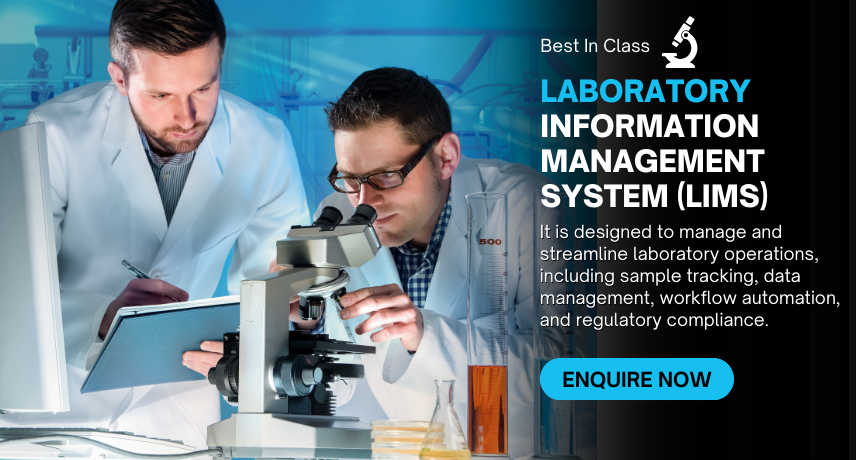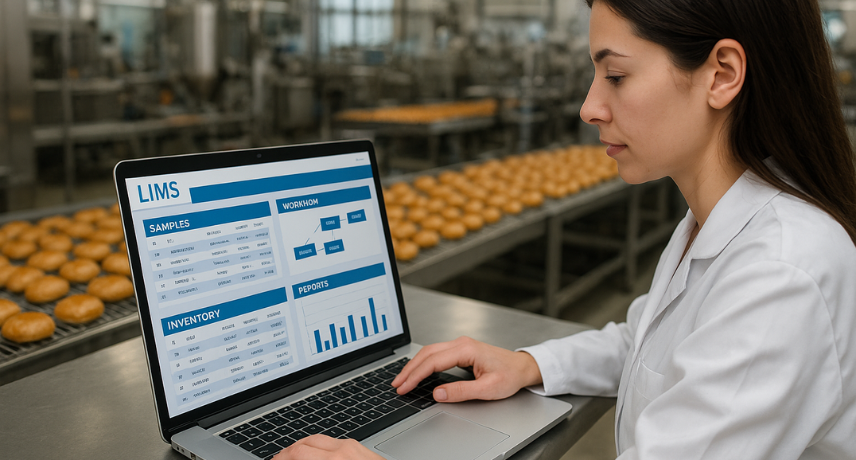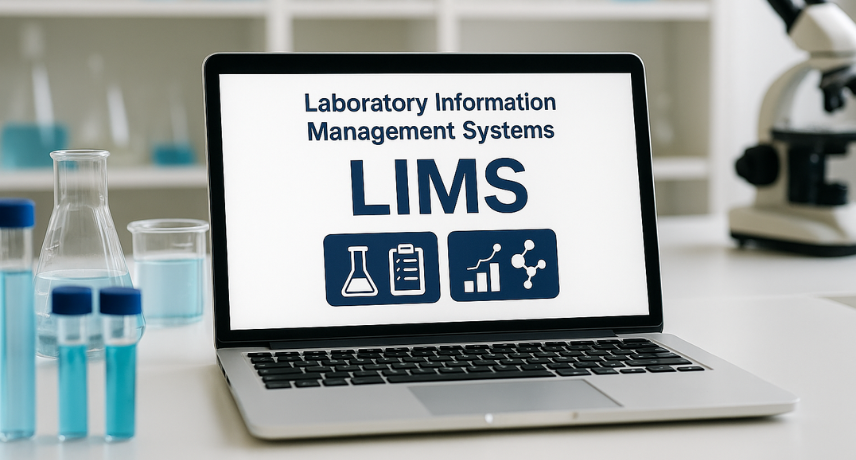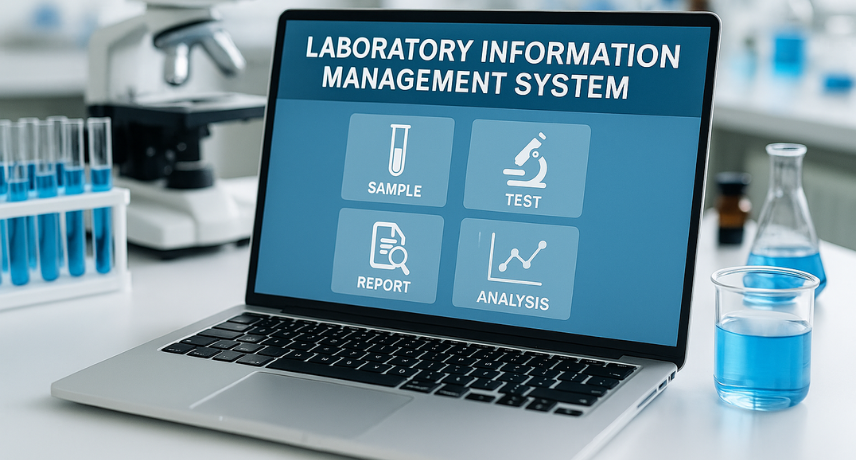Enquiry Form
What is Laboratory Information Management System (LIMS)?
A Laboratory Information Management System (LIMS) is a software solution designed to manage and streamline laboratory operations, including sample tracking, data management, workflow automation, and regulatory compliance. LIMS helps laboratories improve efficiency, reduce errors, and ensure data integrity.
What are the Best Features of Laboratory Information Management System
Here Are 15 key Features of Laboratory Information Management System

Sample Management:
Tracks samples from registration to final disposal.

Workflow Automation:
Streamlines lab processes, reducing manual effort.

Data Management:
Stores, retrieves, and organizes lab data securely.

Regulatory Compliance:
Ensures adherence to FDA, ISO 17025, GLP, HIPAA standards.

Instrument Integration:
Connects with lab equipment for automated data collection.

Inventory Management:
Tracks reagents, consumables, and stock levels.

User Access Control:
Restricts data access based on user roles and permissions.

Audit Trail & Data Integrity:
Maintains a complete history of changes for transparency.

Cloud & On-Premise Deployment:
Provides flexibility in hosting options.

Multi-Lab & Remote Access:
Allows seamless collaboration across locations.

Sample Barcode & RFID Tracking:
Enables quick and accurate sample identification.

Reporting & Analytics:
Generates real-time reports, graphs, and dashboards.
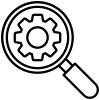
Quality Control & Assurance:
Ensures accuracy and consistency in lab results.

Integration with ERP & CRM:
Connects with business management software.

Scalability & Customization:
Adapts to growing lab needs and industry-specific requirements.
Benefits of Laboratory Information Management System (LIMS)
- Efficient Sample Management: Tracks samples from collection to disposal, reducing errors.
- Automated Workflow: Streamlines lab processes, ensuring faster and standardized operations.
- Improved Data Accuracy: Minimizes manual errors with real-time data capture and validation.
- Regulatory Compliance: Ensures adherence to FDA, ISO 17025, GLP, and other standards.
- Enhanced Integration: Connects seamlessly with lab instruments, ERP, and external systems.
- Better Reporting & Analytics: Provides insights through real-time dashboards and trend analysis.
- Scalability & Flexibility: Adapts to lab growth with cloud-based and AI-driven capabilities.
For which 5 Other Industries Can a Laboratory Information Management System (LIMS) Be Useful?
Laboratory Information Management Systems (LIMS) serve various industries beyond traditional research labs. Here are five industries that benefit from LIMS.

LIMS streamlines sample tracking, patient data management, and compliance in medical and diagnostic laboratories.
- Patient sample tracking and identification
- Automated test result reporting
- Regulatory compliance (HIPAA, CLIA, CAP)
- Integration with Electronic Health Records (EHRs)
- Quality control and audit trails

Pharmaceutical companies and biotech firms use LIMS for drug development, clinical trials, and regulatory compliance.
- Sample management for R&D and clinical trials
- Batch tracking and stability studies
- Regulatory compliance (FDA, GMP, GLP)
- Inventory and reagent tracking
- Automated workflows and result validation

LIMS enhances the efficiency of water, soil, and air quality testing laboratories by automating data management.
- Sample collection and tracking
- Regulatory reporting (EPA, ISO 17025)
- Real-time data monitoring and trend analysis
- Automated alerts for contamination or threshold breaches
- Integration with analytical instruments

LIMS ensures food safety, quality control, and regulatory compliance for manufacturers and testing labs.
- Microbiological and chemical analysis tracking
- Regulatory compliance (FDA, HACCP, ISO 22000)
- Batch tracking for recalls and traceability
- Shelf-life and spoilage studies
- Ingredient and allergen testing

Oil, gas, and chemical companies rely on LIMS for quality assurance, material testing, and regulatory compliance.
- Raw material and finished product testing
- Regulatory compliance (OSHA, ASTM, ISO 9001)
- Instrument calibration and maintenance tracking
- Safety and hazard analysis
- Real-time data collection and reporting
How to Choose the Best Laboratory Information Management System (LIMS)?

- Define Your Lab’s Needs: Sample volume, compliance (FDA, ISO 17025), automation level.
- Key Features to Look For: Sample tracking, workflow automation, security, integration, scalability.
- Cloud vs. On-Premise: Cloud offers remote access, while on-premise provides full control.
- Vendor Reputation & Support: Check industry experience, customer reviews, and 24/7 support.
- Cost & ROI Analysis: Consider upfront cost, maintenance, and long-term efficiency gains.
- Compliance & Security: Ensure regulatory compliance and robust data security measures.
- Scalability & Future-Proofing: Look for AI, automation, and cloud capabilities for growth.
Laboratory Information Management System (LIMS) | Streamline Lab Operations
Discover how a Laboratory Information Management System (LIMS) can enhance your lab's efficiency by automating sample tracking, ensuring compliance, and improving data management. Learn about key features and benefits tailored for modern laboratories.
Latest News
Stay updated with latest industry information
